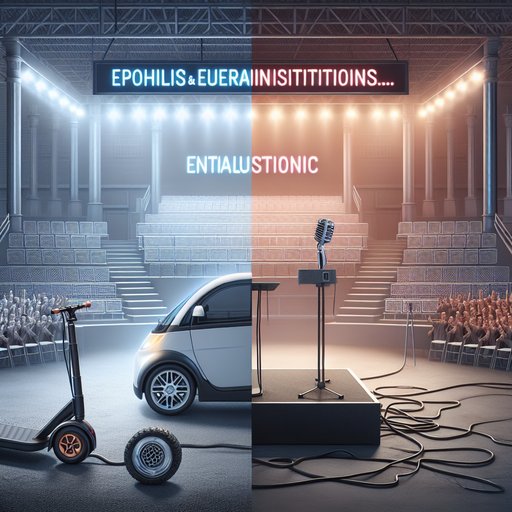
We took a stock 2023 VW Golf GTI with the 7-speed DSG and methodically added proven aftermarket upgrades, measuring gains on a chassis dyno, with a GPS VBox, and over two weeks of commuting and a track-day shakedown.
Our test car is a 2023 GTI (Mk8) DSG, rated at 241 hp and 273 lb-ft from its EA888 2.0T. Curb weight measured 3,205 lb with a half tank. Factory tires were 225/40R18 all-seasons on 18x7.5 wheels, with dual-piston front calipers and 312-mm rotors. Baseline instrumentation included a Dynojet 424x, VBox Sport, and a phone-based SPL meter for cabin noise.
Testing was performed at 68–79°F, 600 ft elevation. On 93-octane fuel, the stock GTI put down 236 whp and 280 wt-lb on the dyno. We recorded 0–60 mph in 6.4 seconds (5–60 mph in 6.9), quarter-mile in 14.7 sec at 96 mph, 60–0 braking in 116 ft, and 0.92 g on our skidpad. Highway cabin noise measured 71 dBA at 70 mph.
Mixed-driving fuel economy averaged 29 mpg over 320 miles. Stage 1 consisted of a 93-octane ECU tune and a high-flow panel filter in the stock airbox. Power jumped to 285 whp and 340 wt-lb, with a much broader torque plateau from 2,300–4,500 rpm. 0–60 fell to 5.6 sec (traction-limited), 5–60 to 6.1, and the quarter-mile to 13.9 @ 103.
Midrange punch is the headline: fourth-gear 50–70 mph dropped from 4.0 to 3.2 seconds. Heat soak was manageable; repeated pulls showed a 2–3% drop after five back-to-back runs on a 78°F day. Chassis, grip, and stopping came next: 18x8.5 wheels with 245/40R18 Michelin Pilot Sport 4S, front camber bolts (-1.6°), and front pads (Hawk HPS), stainless lines, and RBF 600 fluid. Lateral grip rose to 0.98 g, 60–0 improved to 109 ft, and pedal feel stayed consistent over a 20-minute lapping session.
The added front camber noticeably sharpened turn-in and reduced outer-shoulder wear; the limited-slip could be exploited earlier without inside-wheel spin. Ride quality on broken city pavement remained acceptable—firmer than stock but never crashy. Stage 2 targeted thermal control and flow: a bar-and-plate front-mount intercooler, high-flow catted downpipe (GESI core), and a resonated cat-back. With the Stage 2 93 map, we saw 305 whp and 370 wt-lb.
0–60 dropped to 5.1 sec, quarter-mile to 13.4 @ 107. Crucially, intake air temps stayed within 10–12°F of ambient during 5-lap stints, versus 25–30°F stock. Cabin drone at 70 mph rose modestly to 73–74 dBA; in-city, the exhaust remained civil with light throttle. Mixed mpg dipped to 27.
DSG temps and behavior were normal; manual owners should budget for a stronger clutch at this torque level. On our 1.2-mile handling loop, lap time improved from 1:27.8 stock to 1:24.9 with full upgrades, with tires, camber, and brakes accounting for most of the gain; the extra power shaved time on the back straight and uphill section. The car remains dailyable: cold starts are tame, idle is smooth, and the ride/noise balance is still commuter-friendly. Emissions and warranty note: the downpipe may not be road-legal in all regions and could affect warranty coverage—verify local regulations.
Recommendation: For street-first owners, Stage 1 plus tires, front camber, and pads deliver the best cost-to-benefit and preserve refinement. Track-curious drivers will appreciate the intercooler and fluid/pad upgrades before chasing peak power. Stage 2 is properly quick and still livable, but it adds complexity and legal considerations. The GTI’s chassis and DSG easily handle a well-matched suite of upgrades, turning a competent hatch into a genuinely rapid, usable all-rounder.












